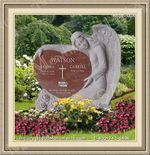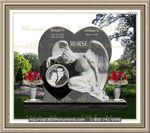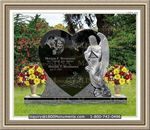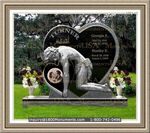|
Understanding Details Of Jewish Funeral Services
Certain rituals are normally performed at a Jewish funeral. These rituals vary, mainly depending on which community the deceased is from and the person who is officiating the wedding. Some officials are quite strict in observing that all rituals are performed as required, while others are flexible. The customs carried out aim at showing respect to the deceased as well as the mourners.
Burial should take place as soon as possible. This is normally on the same day that the person has died. However, since it is not always possible to have all the family members around when the person dies, it may be necessary to delay the burial for sometime until all the mourners have arrived. It is up to the family to decide if they will delay the burial or not.
Open caskets are not allowed at memorial services. The casket chosen should be simple and totally biodegradable. This means that it should be made purely out of wood. Even nails are not allowed, as they are metallic and can't decompose.
For the process of decomposition to take place naturally, embalming is not allowed. However, since Jewish customs are subject to local laws, it may be necessary to have the body embalmed. This is so as to satisfy the public health regulations set by the local council.
The burial ceremony does not take a long time. It can be completed in less than half an hour. Flowers are normally considered as frivolous adornments, so they are often avoided at burials. If you wish, you can choose to have a small floral tribute, as long as the officiant is not opposed to it. Mourners cannot talk to the attendees until the whole burial ceremony is over.
At the conclusion of a Jewish funeral, mourners pass through the middle of the parallel line formed by the attendees. The attendees recite consoling words to the mourners. To symbolically cleanse themselves, mourners can wash their hands when leaving the graveside.
|
|



























